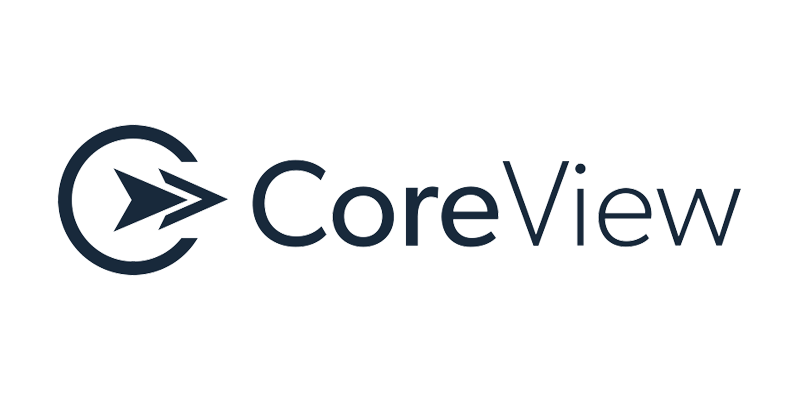Facial recognition technology has been around for many years – the fact that the vast majority of people have two ears, two eyes, a mouth and a nose, all appearing in pretty much the same location, makes basic recognition relatively straightforward.
Total accuracy, however, is much harder to come by – even us humans can only positively identify a subject from a photo 97.53% of the time. Certain groups have an interest in developing software that can match or exceed that level of accuracy though.
Law enforcement and other government agencies would, I’m sure, love to be able to identify suspects from photos and videos in an automated and unequivocal manner. Doing so is generally not so easy though – just this week police in the UK said its computerised system managed to match a mere 10 images to suspects in 18 months. By way of a contrast, when the force pulled in 90 human experts, almost 300 matches were made in just three days.
Other developers of automated facial recognition systems have had far more success though. A study by the Ohio State University last year demonstrated advances made in the technology that allowed for the identification of emotional states with an accuracy level ranging of between 76.9% and 96.9%, depending upon the complexity of the emotion.
More impressive than that, perhaps, is DeepFace – a software recognition system developed by Facebook. DeepFace is so accurate that there is barely a difference between its ability to identify a person and that of a real human being. The software’s algorithms are able to determine whether two different photographs feature the same person with an accuracy rate of 97.25%, regardless of the angle of the shot or the background lighting conditions.
So Facebook’s going to turn this technology on its 1.3 billion users and root out and quantify even more of the social connections implied by your photos, right? They say not. The social network plans to use the system to identify its users in new photos as they are uploaded. If your visage appears in one of the 400 million pictures added to the network each day you’ll receive an email from Facebook alerting you.
If you are not happy about appearing in your friends’ timelines – and it is only your friends that will see it – you’ll have the option to blur your face and retain your privacy. The picture elsewhere is not so clear though: we know Apple has patented its own facial recognition technology and Google employed an app in its now-defunct Glass device which could check those it viewed against sex offender and other criminal databases.
Perhaps unsurprisingly, governments in the US, UK, Germany, New Zealand and Switzerland, among others, have used the tech to identify criminals, enhance border controls and for other purposes.

While none of those uses may be of concern to you now, the future is less clear. As the underlying technology improves, new uses will be found, and we all know how slowly laws catch up with new tech and, when they do, the lawmakers often lack the expertise to legislate in ways that are meaningful to the general public. In the meantime, all we can do is look at each use of facial recognition as it comes along and take any action we feel is necessary – assuming we are able to control it in the first place.
In the case of Facebook and its photo tagging, we’ve already mentioned how likenesses can be blurred out on a case by case basis. Preventing the service from attempting to tag your photo in the first place is quite easy though: Going into your Facebook Settings and then selecting Timeline and Tagging. Under How can I manage tags people add and tagging suggestions there will be an option labelled Who sees tag suggestions when photos that look like you are uploaded? Simply change this to No One.
Readers in Europe will find that the above option is ‘Unavailable’ but don’t worry – the EU has different rules on Facebook tagging that mean your photos are safe, though the service appears to have been partially restored to allow tagging of US residents. If you are on Facebook and want to keep yourself informed about the latest news from the world of internet security and privacy, join the Sophos Facebook page where more than 250,000 people regularly discuss these issues and best practice. If you want to improve your privacy and security settings on the social network, check out our Facebook account tips.
You can read the original article here.






